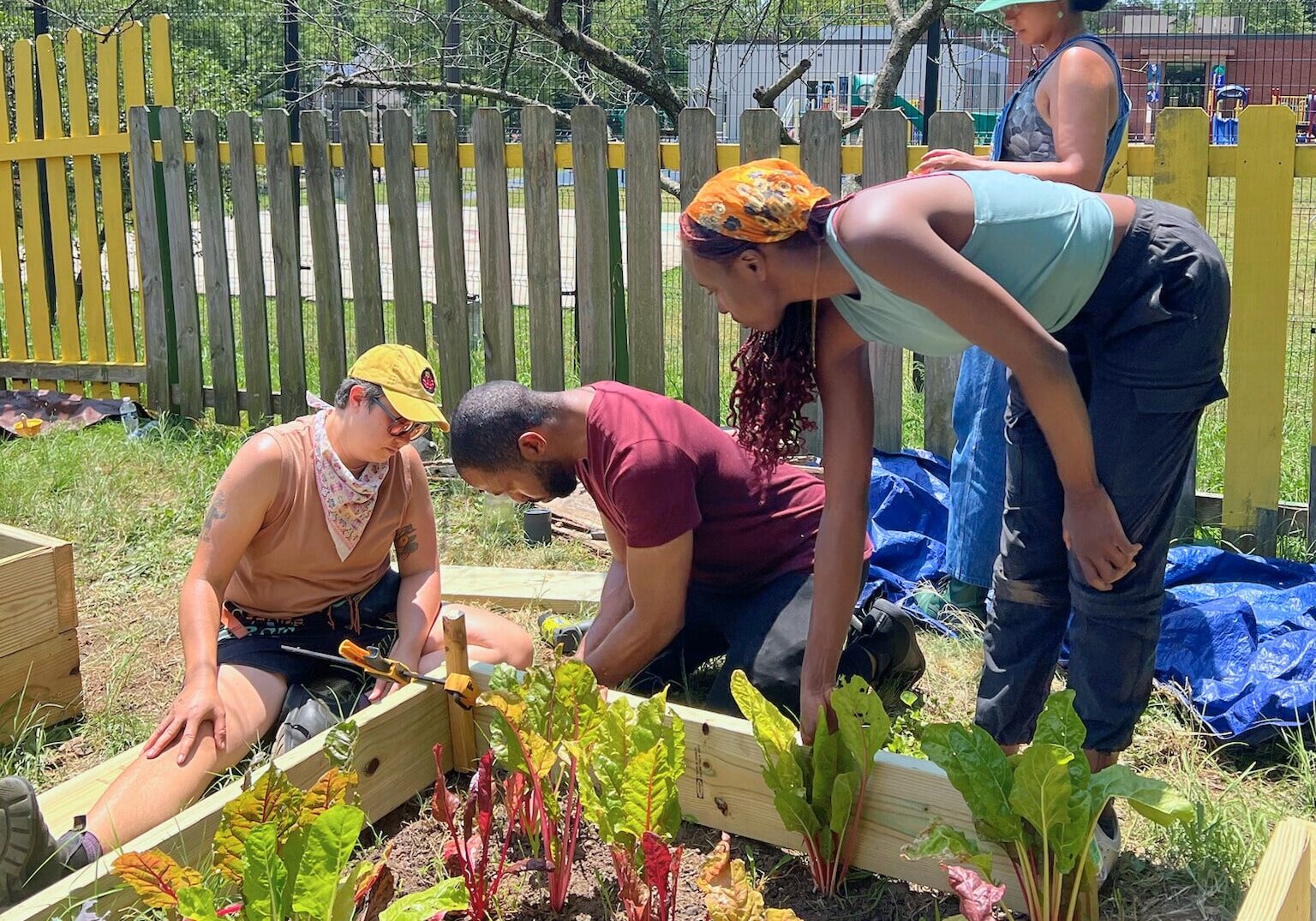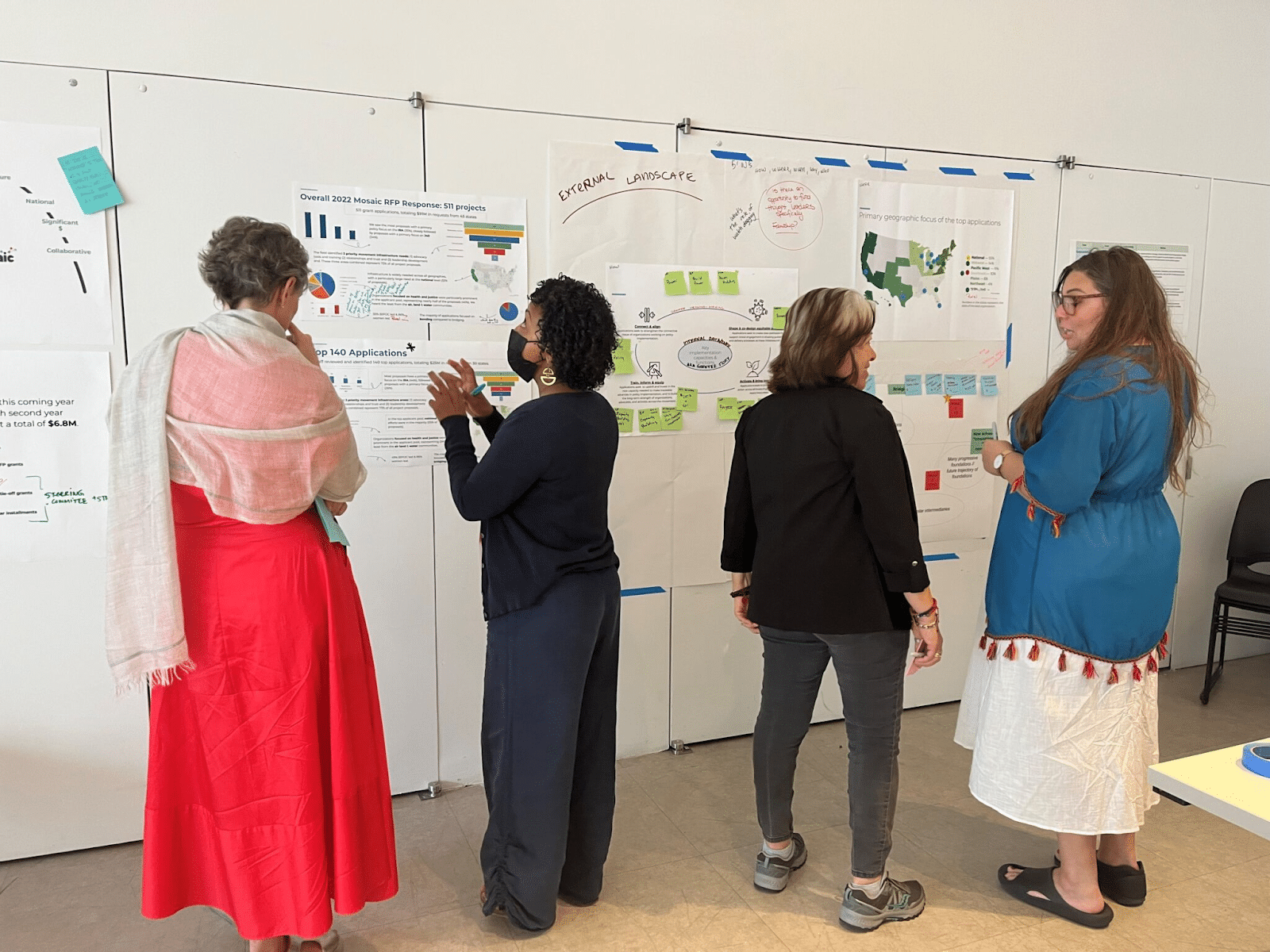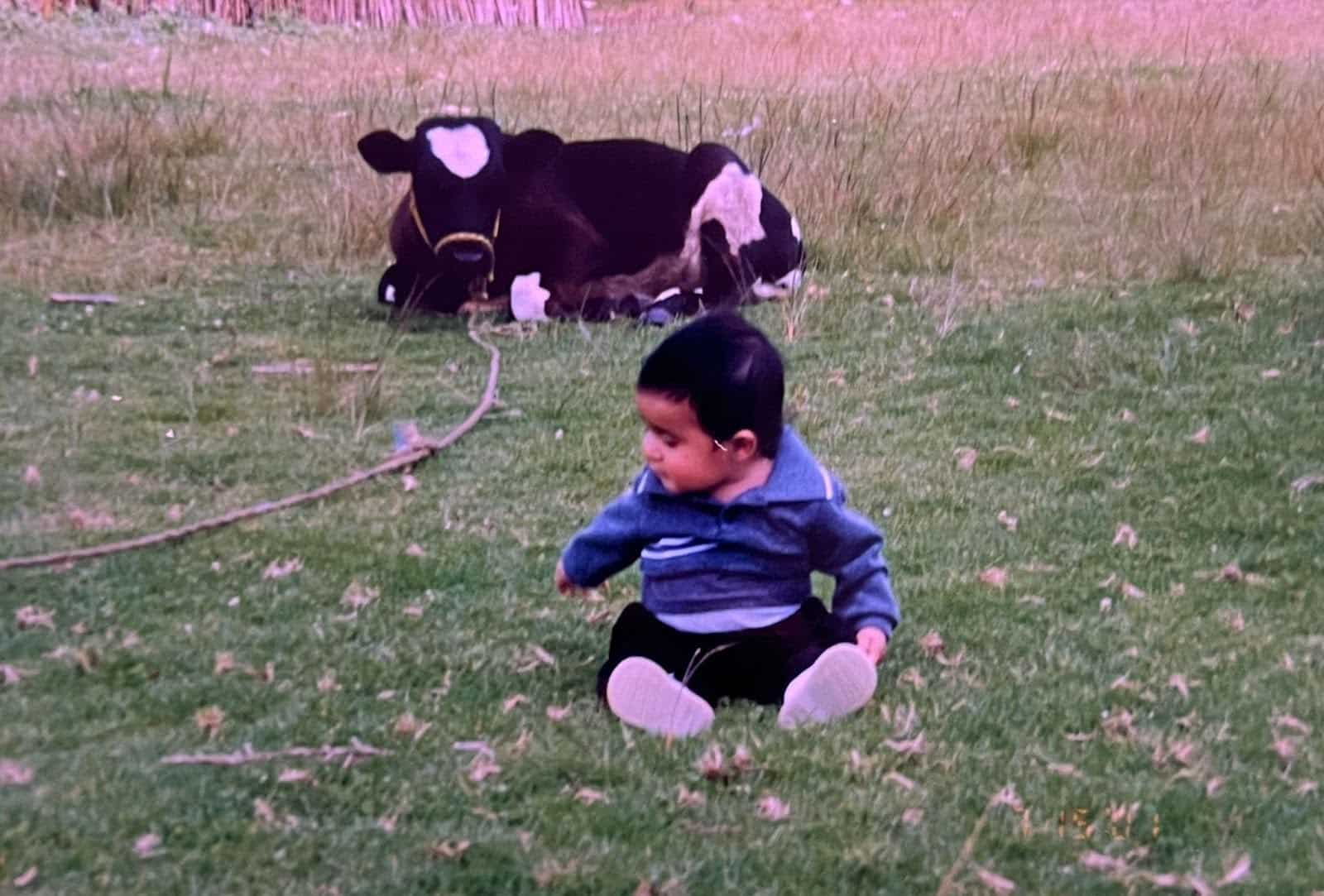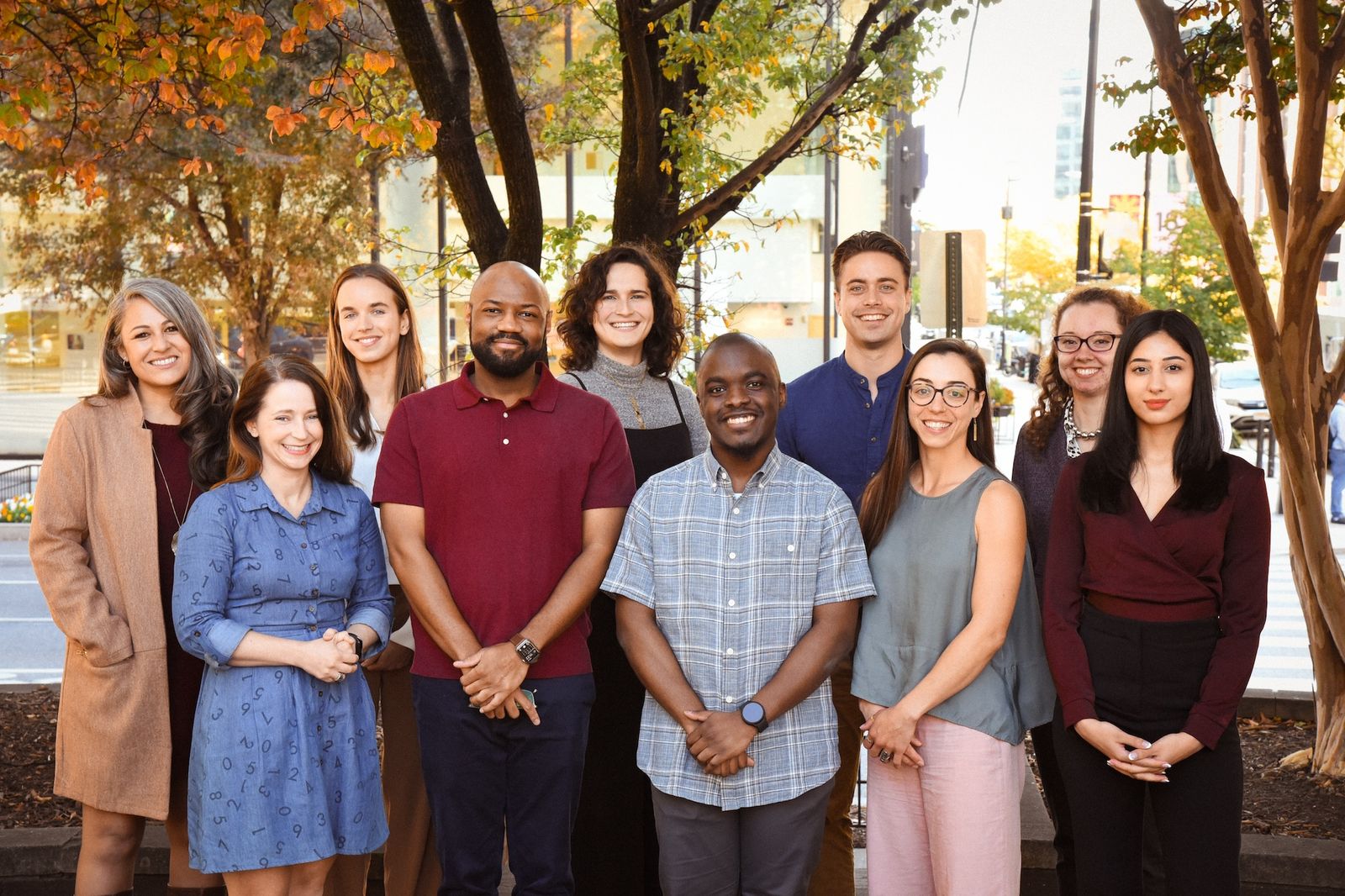
Featured blog post
Steph Niaupari is the Founder of Plantita Power, a DC-based collective led by and for Queer, Trans, Black, Indigenous, People of Color (QTBIPOC). Plantita Power fosters community connections where QTBIPOC can nurture their own personal sustenance, relationship to food, and reclaim food sovereignty.
Previous Blog Posts
HOT & COLD NYC: Revealing the Faces and Places of Energy Insecurity
By Green 2.0 Team
Shane Araujo is a research assistant and the junior editor for the Hot & Cold NYC team at the Energy, Equity, Housing, and Health program (E2H2 at Columbia University Mailman School of Public Health) led by Dr. Diana Hernández.
Read More Mobilizing for Environmental Change – How Infrastructure Can Accelerate Progress
By Green 2.0 Team
Jennifer is a Program Officer for Mosaic, a national grantmaking initiative focused on building a bigger, more influential environmental movement.
Read More Catch Me Outside with my Dark Skin, Sapphic Gaze, and Feet covered in Soil
By Green 2.0 Team
In this blog, Green 2.0 Fellow Ki'Ana Speights explores how their identity as a Black, Queer person intersects with the ecological world, and how they work to reclaim their space in nature. They dissect how White-heteronormative binaries were designed to exclude BIPOC people and make them feel othered. Through the lens of queer ecology, they imagine a future where society can accept and reflect the fluidity of nature.
Read More Embracing Your Heritage Doesn’t Mean You Need To Eat Meat
By Green 2.0 Team
In this blog, Green 2.0 Fellow Kevin Hernandez discusses the colonization of Mexico and how it streamlined Mexican food becoming meat-centric along with his experience as a vegetarian Mexican-American. He proposes that people try to understand their culture and encourages them to try a plant-based diet.
Read More The Ethical Echoes of Oppenheimer and Our Climate Crisis: A Call for Collective Responsibility
By Green 2.0 Team
Through the lens of the award-winning film Oppenheimer, Good Energy Collective's Michael Mouton argues for a reevaluation and departure from the 'great man' narrative. He calls for a collective approach to far-reaching crises and problems — like the climate crisis.
Read More 




